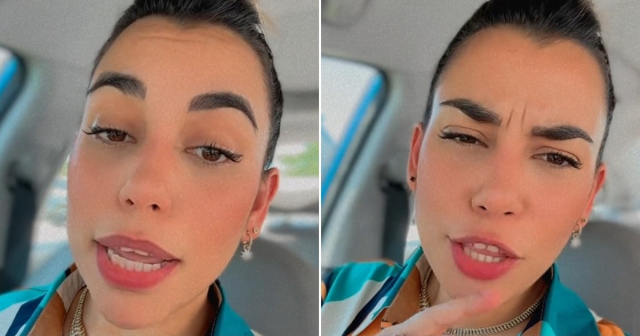Two Cuban women have shared on TikTok examples of different ways of naming things in Camagüey and Matanzas.
"For me, recording memories when someone says 'the package arrived,' 'the soap opera arrived in the package' is that, the package arrived," says one of the Cubans referring to Camagüey. The other responds: "No, for us it's 'I'm going to record the memory that the load came in,' it's the load."
The debate continues with other words and expressions. "To me, it's anoncillo," affirms one, to which the other responds, "To me, it's mamoncillo." They also discuss "mantecadito", which in Matanzas is known as "polvorón", and "tocineta", which in Matanzas they call "bacon".
Among other differences, clothes are hung on "ropes" in Camagüey, while in Matanzas a "clothesline" is used. Also, "mop blanket" or "blanket" are terms from Camagüey to clean the floor, but in Matanzas it is also known as "floor cloth".
A topic that caught the attention was that of malanga, known as such in Camagüey, while in Matanzas they also talk about "guagüí", a smaller and elongated variety.
The video was posted on the account @leydismarian and has generated a large number of comments. Some users have expressed their preference for one use or another: "Without anyone getting upset but Camaguey is the best, long live all of Cuba"; "Proud to be from Camagüey"; "For us what they sell on the street, in the tiny little kiosks, the people who walk by, who scrape them with ice and pour the syrup on them, for us that is "granifrío"; "Matanzas, Playa Giron at home....blessings".
Other comments reflect the cultural and linguistic mixtures that exist in Cuba: "I'm from Villa Clara, I have a mix of both"; "Havanans say some things like Matanzas and others like Camagüey"; "I'm from Cienfuegos and have a mix of both haha"; "Santa Clara is a mix of both provinces, we have words from both but more from Camagüey."
The exchange of expressions has shown the richness and diversity of language in Cuba, demonstrating how the same words can have different meanings and uses depending on the region.
What do you think?
COMMENTFiled under:
